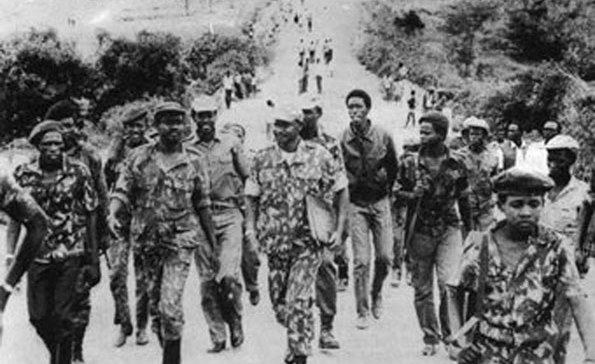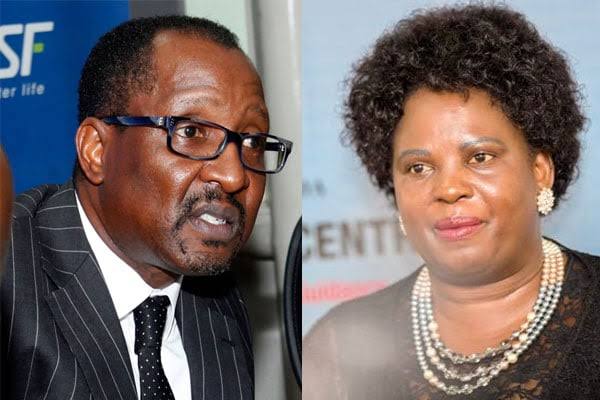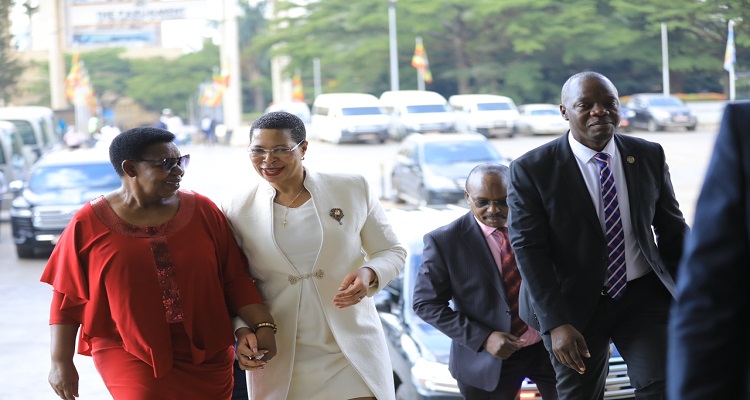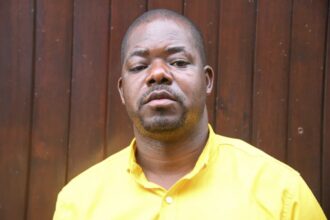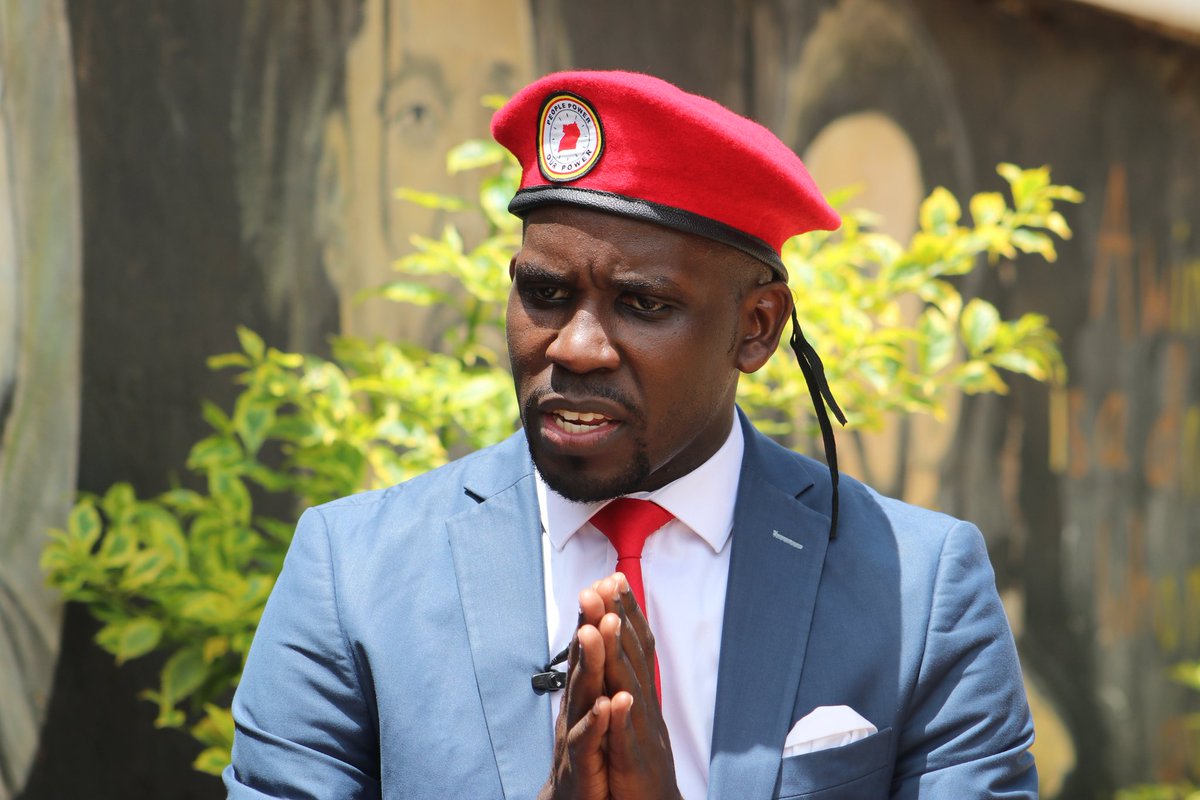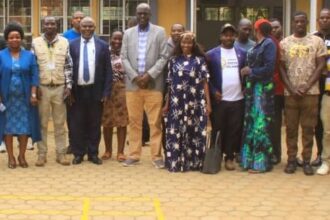Tarehe Sita, is the day the National Resistance Army (now Uganda People’s Defence Forces) marks the attack on Kabamba barracks in 1981, on the 6th of February; which officially launched the five-year guerrilla war that eventually brought NRM government to power in 1986.
During this particular attack, there were 33 fighters with only 27 had guns. Julius Chihandae was one of the 33 men led by Yoweri Museveni (now President) who attacked Kabamba Barracks.
Of the 33 people, only seven, including Chihandae, were commissioned officers and since he was a trained soldier, he played a significant role. Just as his military number, RO 0024 suggests, Chihandae is also one of the founders of the NRA.
Prior to that attack, Chihandae provided 16 of the 27 guns the NRA used to launch its rebellion in 1981. It’s said since he was a trained soldier, the guns were stolen from Gulu military barracks where he served as a junior officer in the Uganda National Liberation Army (UNLA).
The attack on Kabamba was an excellent milestone in the guerrilla war and one of the great brains that planned the said attack was Chihandae and he played a great role in silencing the communication of wing in the barrack before the attack.
He played his role perfectly and professionally; however, he was shot and shattered his knee, making him the first casualty of the NRA war. Later he was evacuated to the quarter guard where some of his colleagues had camped after they failed to gain entry into the fortified underground amoury.
According to the late Sam Katabarwa, the late Hannington Mugabi bandaged Chihandae’s knee and, with other colleagues’ help, placed him on the truck, and the rebels fled to Kiboga. Andrew Lutaaya (now Lt General) took him to Kiboga Hospital and handed him to a nurse called Florence Nakatto who informed Dr Sserunjogi, the Medical Superintendent.
He was late taken to Kampala and smuggled out of the country and taken to Nairobi where he reunited with Sam Katabarwa, who persuaded him to join the rebellion.
When he recovered, Chihandae was dispatched to Libya to acquaint himself with the way arms would be dropped to the NRA in the bush; however this mission never worked and returned to the bush.
According to present veterans, the late Sam Kalega Njuba, together with Andrew Lutaaya transported Chihandae up to the point where he was able to walk back to the Luwero triangle in 1981.
As a trained soldier, upon his return to Uganda, Chihandae was immediately appointed the Director of National Operations based at the High Command Headquarters. He was deputized by Geoffrey Muhetsi (now a Major General) who had just been recruited.
Chihandae also participated in the attack of UNLA soldiers who had camped at Katiti sub-county headquarters that took place in February 1983. This attack was so important, coming on the back of the UNLA’s February 21, 1983 ambush of NRA mobile forces, that killed 10 fighters and injured Commander Salim Saleh during the battle of Bukalabi.
He participated in many attacks since he was a commander of different battalions. While leading the 9th battalion together with the late Chefe Ali’s 11th battalion besieged Mbarara Barracks forcing it to surrender in late 1985.
After the takeover, Chihandae was appointed to deputize Brig. Matayo Kyaligonza (now Major General) as the Commanding Officer of the 150 Brigade.
When the army ranks were introduced around 1988, Chihandae became a colonel with the late Pecos Kutesa (died at the rank of Lt General) and Joram Mugume (now retired General). It took some good years for him to be promoted to the rank of Brigadier where he retired.
It is alleged that the late Gen Elly Tumwine, the first NRA army commander after capturing power, did not like Chihandae and his downfall is attributed to this rivalry which had ethnic disputes.
He was later retired unceremoniously through a radio announcement and was later arrested and kept in a dungeon in Lubiri Barracks for about a year.
According to army records, Chihandae’s crime was that he had talked to the late Col Ahmed Kashilingi (Who had also retired) and could have advised him to escape. Fortunately, Chihandae was found innocent in the General Court Martial and set free.
When he returned home, he found his residence on Acacia Road in Kololo looted by soldiers who had been sent to look for guns he allegedly stashed away with the intention of shooting down Museveni’s helicopter.
Even after his release, the army closely watched his movements. He was stopped from attending the burial of his son who died shortly after his release.
With no income and property, he began selling tomatoes and charcoal. It is after the media published a story of a bush-war hero who was vending charcoal that President Museveni and comrades decided to “rehabilitate” him.
He was later attached to the Ministry of Foreign Affairs and posted as Uganda’s Military Attaché to Egypt and later Saudi Arabia. He is retired.
Additional info: The Observer newspaper
Do you have a story in your community or an opinion to share with us: Email us at Submit an Article



